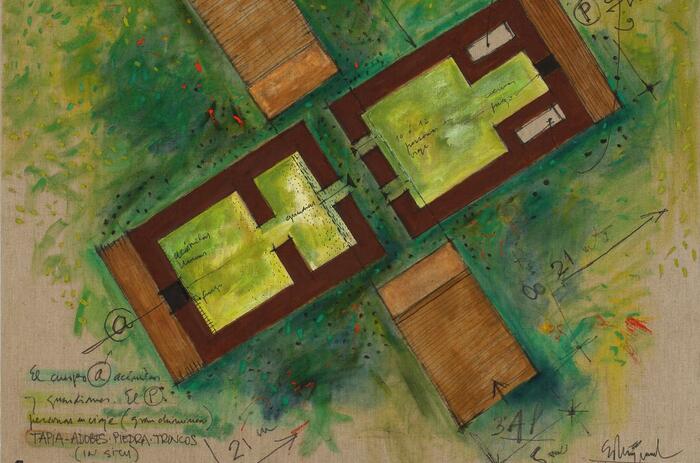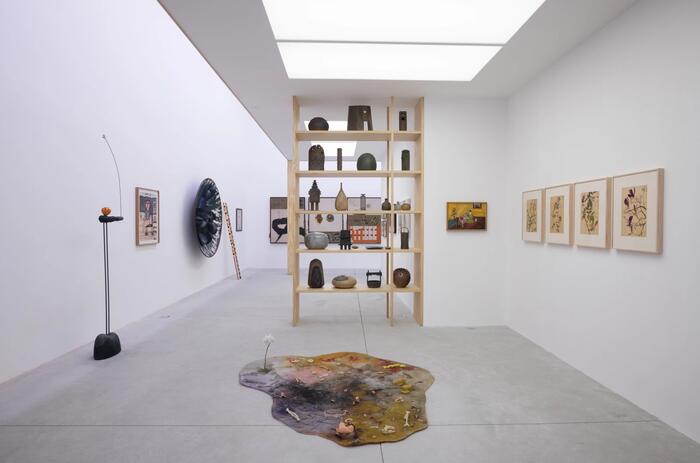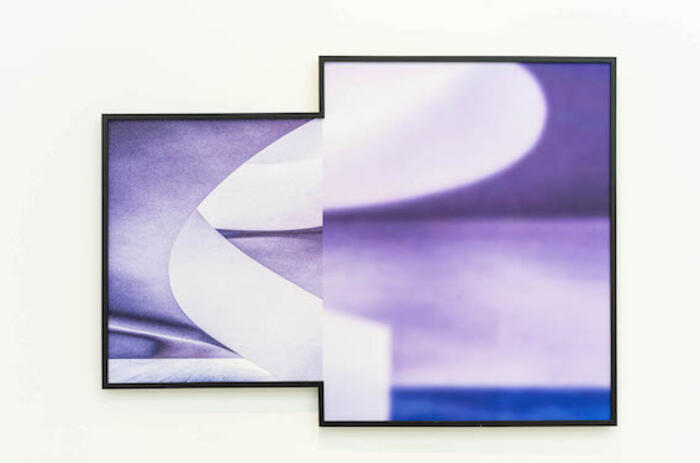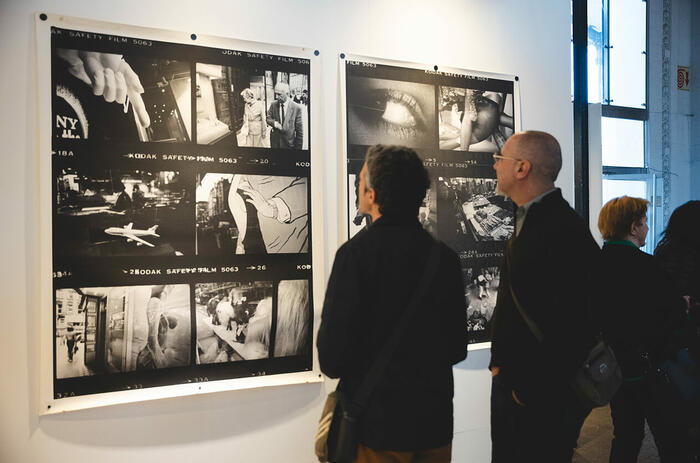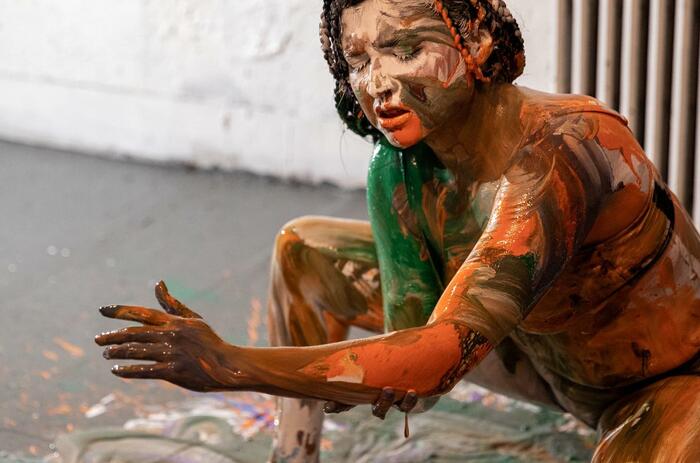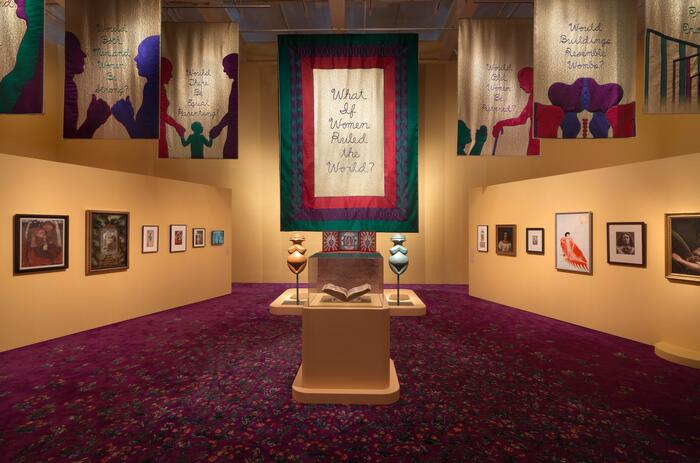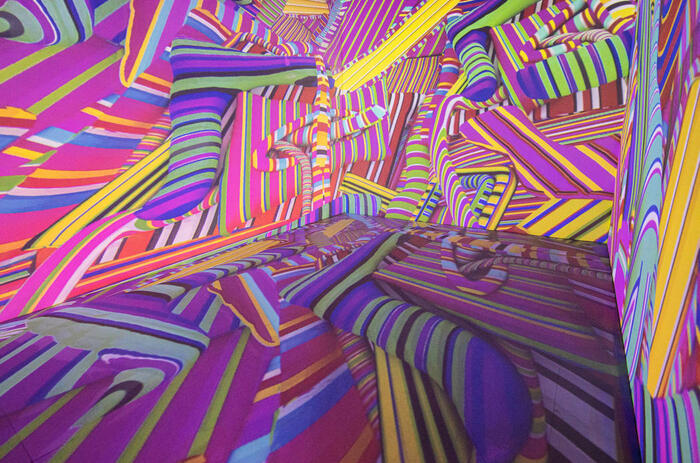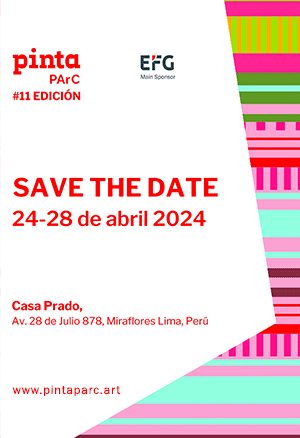MIGRATION, IDENTITY AND MEMORY: MURIEL HASBUN AT ICP
Muriel Hasbun: Tracing Terruño is the first comprehensive career survey in New York City of multidisciplinary artist, educator, and advocate for Central American culture and history, Muriel Hasbun.
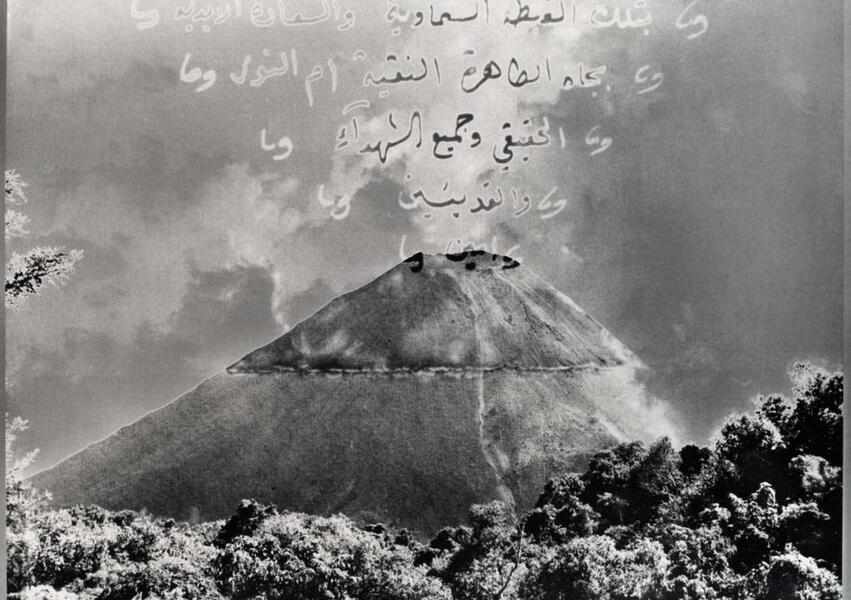
Over the course of her career, Hasbun has developed a uniquely poetic and abstracted sensibility that she employs to explore identity and memory, using her personal story of migration from El Salvador to the United States to examine collective histories through photography, video, and installation, from her earliest work in the late 1980s to the present.
The exhibition includes nearly 80 works from throughout her career, some never before exhibited. The exhibition’s title, Tracing Terruño, emphasizes the many ways in which Hasbun has reflected on the overlapping ideas of home, geography, borders, and place throughout her 35 years of practice. This exhibition is curated by Elisabeth Sherman, Senior Curator and Director of Exhibitions and Collections at ICP.
-
Muriel Hasbun, Todos los santos (Para subir al cielo) / All the Saints (To Go Up to Heaven), from Santos y sombras (Saints and Shadows), Toned gelatin silver print, 1995–96. © Muriel Hasbun
-
Muriel Hasbun, Palestina llega a El Salvador/Palestine Arrives in El Salvador, from Santos y sombras (Saints and Shadows), Sepia-toned gelatin silver print, 1997. © Muriel Hasbun
-
Muriel Hasbun, Todos los santos (Volcán de Izalco, amén) / All the Saints (Izalco Volcano, Amen), from Santos y sombras (Saints and Shadows), Gelatin silver print, 1995–96. © Muriel Hasbun
In our moment of mass migration, Tracing Terruño reflects upon one family’s experience with dislocation across the twentieth century, urgently examining the effects of war and genocide across generations. A descendant of Salvadoran and Palestinian Christians on her paternal side and Polish and French Jews on her maternal side, Hasbun grew up in El Salvador. Reckoning with a family history filled with exile, loss, and migration, Hasbun herself left her home country in 1979 at the start of the Salvadoran Civil War. She moved to France and then the United States to study, settling in Washington, D.C., where she has since worked as an artist and professor of photography.
Muriel Hasbun: Tracing Terruño presents a selection of Hasbun’s series, from her earliest photographic explorations in 1988 to recent experiments with chemigrams on expired photographic papers. The exhibition will include the entirety of the two-part series Santos y sombras / Saints and Shadows (1990–97), Hasbun’s first major body of work. Using negatives of archival family documents and her own photographs, the artist layers images to create works that explore the history of both sides of her family. Todos los santos / All the Saints explores Hasbun’s paternal lineage and her own experiences growing up surrounded by Catholicism. ¿Sólo una sombra? (Only a Shadow?) traces her maternal family’s experiences from Poland to France before and during WWII, collapsing receding memories with their impact on the present.
-
Muriel Hasbun, ¿Sólo una sombra? / Only a Shadow? (Ester’s Poems), from the series Santos y sombras (Saints and Shadows), Gelatin silver print, 1994. © Muriel Hasbun
-
Muriel Hasbun, ¿Sólo una sombra? / Only a Shadow? (Ester IV), from the series Santos y sombras (Saints and Shadows), Gelatin silver print, 1993–94. © Muriel Hasbun
-
Muriel Hasbun, ¿Sólo una sombra? / Only a Shadow? (The Gate), from the series Santos y sombras (Saints and Shadows), Gelatin silver print, 1991. © Muriel Hasbun
Hasbun began the series X post facto (équis anónimo) (2009–13) when she discovered her father’s archive of x-rays from his dental practice after his death. By printing these medical records, she decontextualizes them, turning the images into landscapes and abstractions, thereby unlocking their metaphoric potential.
Selections from her most recent series, Pulse: New Cultural Registers / Pulso: Nuevos registros culturales (2020–ongoing), which maps El Salvador by combining art history with seismic records, will also be included.
The exhibition will also feature Hasbun’s 2016 video Scheherazade or (Per)forming the Archive, as well as her multimedia installation Auvergne – Toi et Moi (1996 – 1998). Works from throughout her career will be interspersed through the galleries, reflecting the complex reflections on time and memory that she is continually exploring.
-
Muriel Hasbun, Je me souviens (Portrait 1945), Chromogenic print, 1986. © Muriel Hasbun
-
Muriel Hasbun, Pulse: Seismic Register (2020.02.28.063), Pigment print on hand-prepared aluminum, 2020. © Muriel Hasbun
-
Muriel Hasbun, Pulse: Exotismo al revés (Homage, RMV and Janine Janowski), Pigment print on hand-prepared aluminum, 2020. © Muriel Hasbun
Muriel Hasbun (b. 1961, El Salvador) is an artist and educator who focuses on issues of cultural identity, migration, and memory. Through an intergenerational, transnational, and transcultural lens, Hasbun constructs contemporary narratives and establishes a space for dialogue where individual and collective memory spark new questions about identity and place.

